Words and Images DTI – Design Center of the Philippines
Editing The Kanto team


Robby May-Sylianteng, managing director of the Good Design Award-winning First United Building, shares, “It always helps to think about design, not in an additive but multiplicative manner. What we design now can generate a multiplier effect, and this helps lead us to make smarter, more considered decisions, one grounded in malasakit (compassion).”
It was a soundbite that eloquently summed up the endless possibilities that could arise when design is utilized for good and empowering the populace. This was precisely the message the DTI-Design Center of the Philippines sought to share at their yearly Media Salo-Salo last December 5. The event served as a report card to the Filipino public, reflecting on the achievements of their 50th year and reaffirming their commitment to strengthening partnerships and design initiatives to support Filipino designers and MSMEs in a rapidly changing global economy.
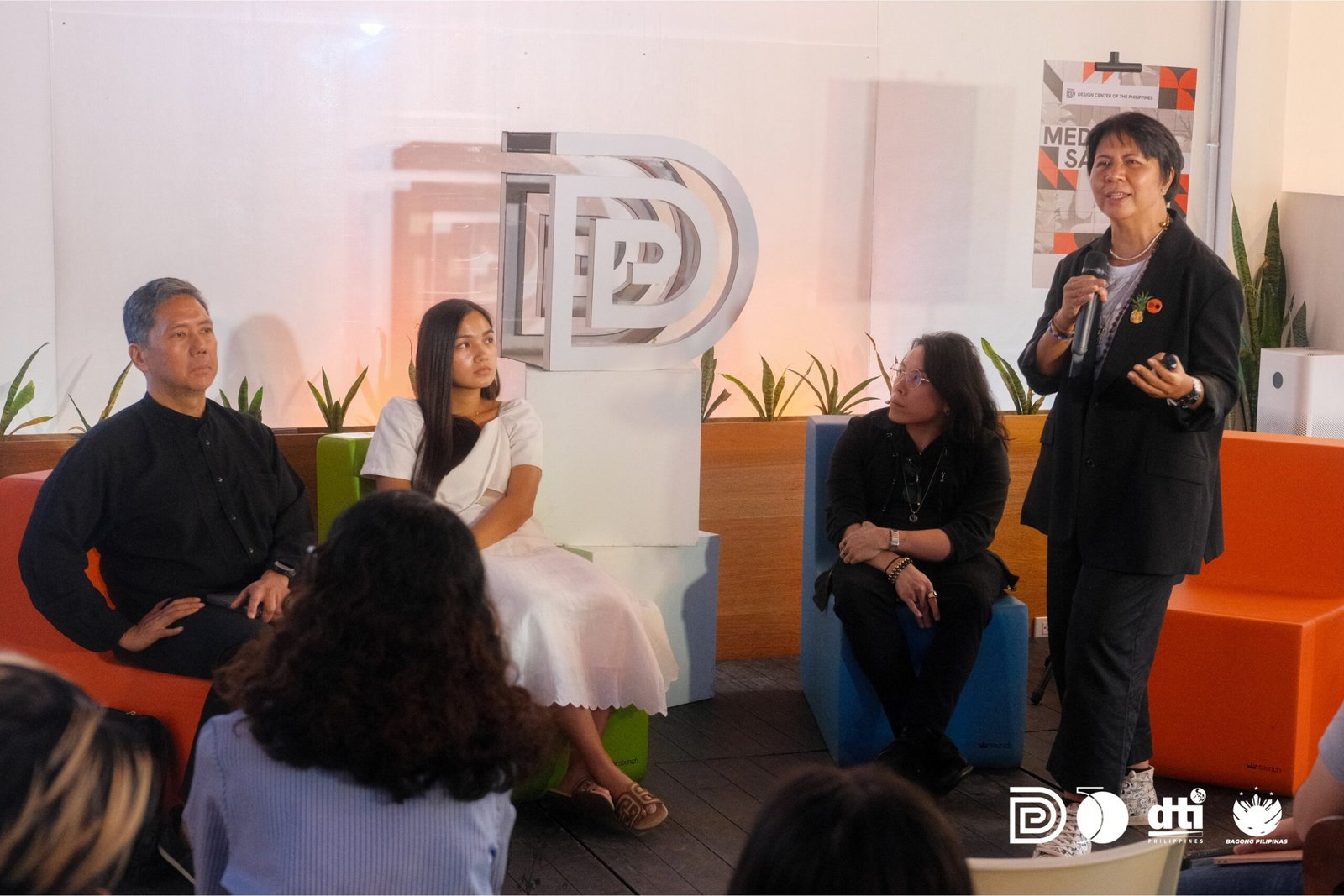

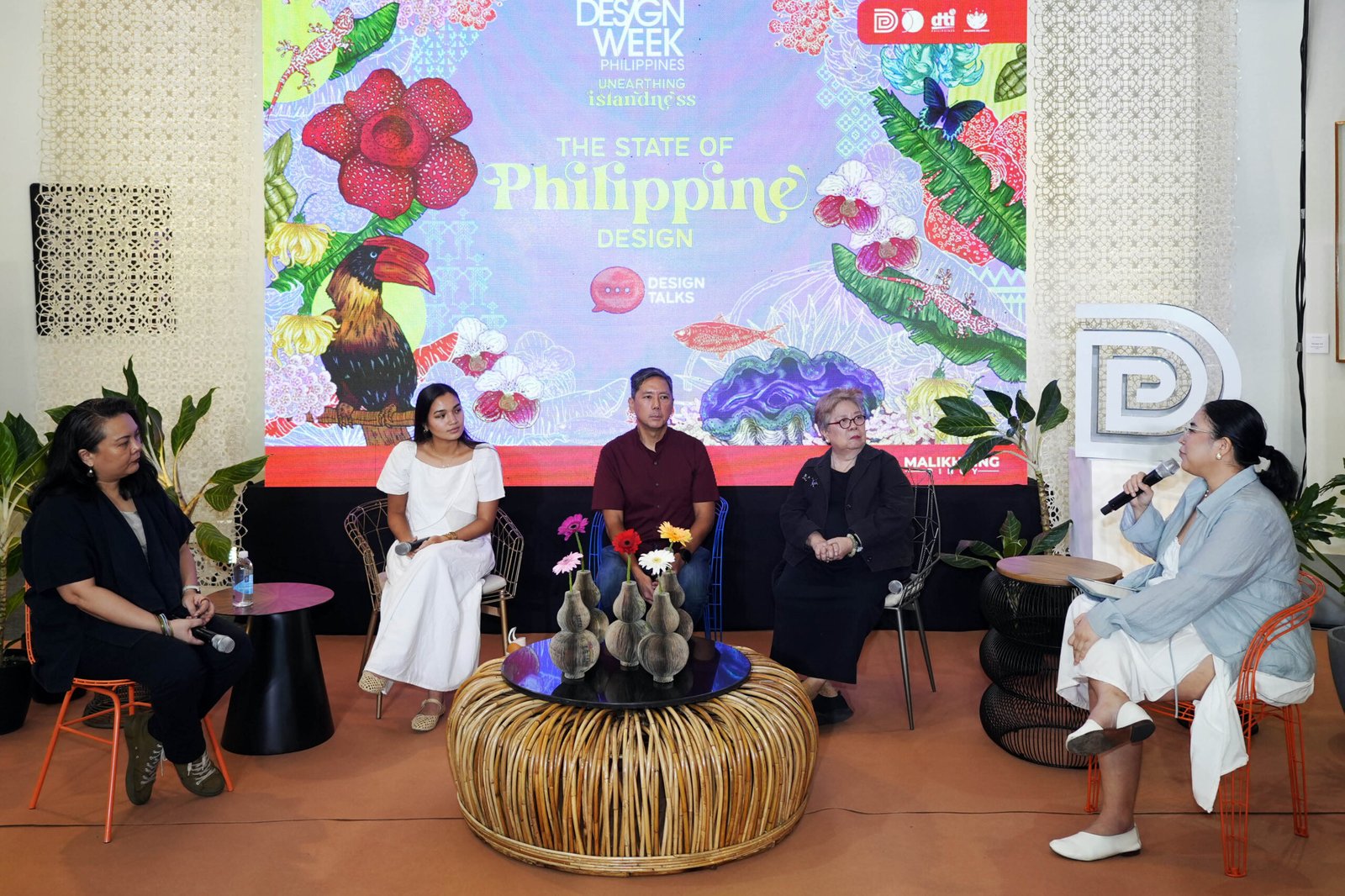
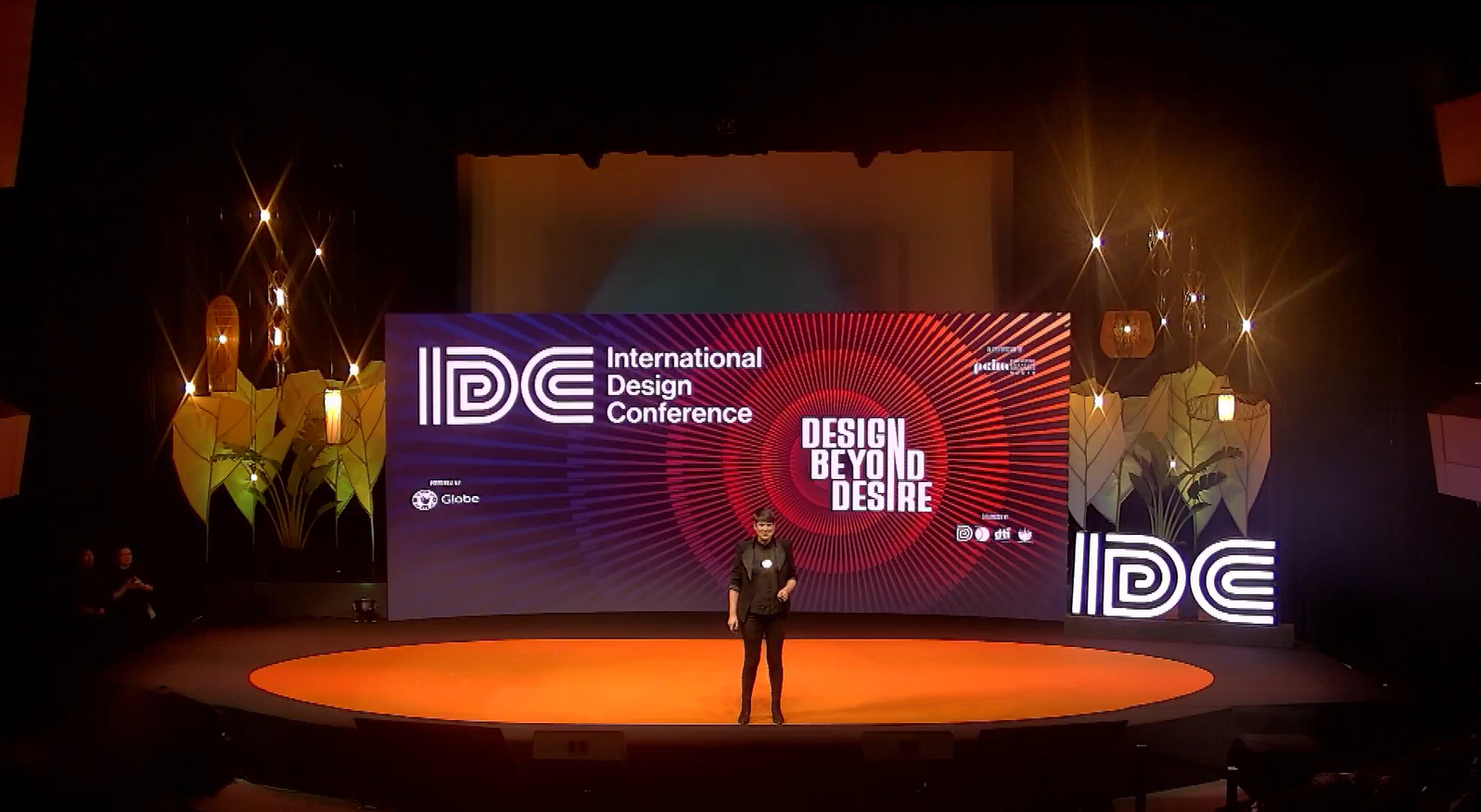
Design for all
This year, DCP proudly shared how it has expanded its reach beyond traditional audiences, engaging sectors like science and engineering to highlight design as a universal problem-solving tool. This inclusive approach was exemplified in the anniversary exhibit 50 Years of Philippine Design and Beyond at the National Museum, the well-attended 8th International Design Conference (IDC), and Design Week Philippines 2024. Themed Unearthing Islandness and co-curated with TAYO Design Studio led by Tasha Tanjutco, the event explored how the Philippines’ archipelagic identity can inspire regenerative and sustainable design. The theme provided a fitting conclusion to DCP’s suite of design events, marking a reflective close to a year of embracing and learning from the international design community through initiatives like IDC and the Good Design Award Philippines.
Highlighting its commitment to accessibility and excellence, DCP celebrated the success of the 3rd edition of the biennial Good Design Award Philippines, which saw an impressive 87% increase in shortlisted entries. Among the winners was the First United Building, which clinched the Grand Prix Malasakit Award for recognizing compassion’s dynamic and intentional role in design. The 1928 art deco structure, home to the much-loved creative incubator HUB Make Lab, joined nine Filipino projects honored with Japan’s G Mark. This recognition emphaszied the global relevance of Philippine creativity and reinforced DCP’s aspiration to become a design leader in Southeast Asia and beyond.
A cornerstone of the Design Center’s initiatives is its work with pinyapel®, a sustainable, non-wood alternative for the pulp and paper industry that earned the agency a coveted D&AD Wood Pencil. The Design x pinyapel® project demonstrated how discarded pineapple leaves could be transformed into interior products, thanks to collaborations between Creative Director Milo Naval and 21 partner companies at CITEM’s Manila FAME. The Design Center also garnered international recognition by joining a panel on democratizing design at the World Design Policy Conference in San Diego alongside representatives from the UK, Germany, and Taiwan.


Malasakit in action
For Robby Sylianteng, one of the three panelists invited by DCP during the Salo-Salo, the First United Building’s Grand Prix Malasakit Award is not merely an accolade but a testament to design’s power to unify communities and address collective challenges. FUB-initiated events like Hola Escolta, inspired by a 1930s festival held on the same street, embodied this spirit. The 2024 edition drew an attendance of 14,000 participants, transforming into a celebration of shared aspirations and frustrations for a better Philippines.
Sylianteng emphasized that meaningful design requires collaboration and purpose. “Malasakit is not a static ideal but a dynamic force that compels us to design with intentionality and impact. The Grand Prix reminds us of design’s multiplicative nature—it shapes smarter decisions and paves the way for a brighter future.”
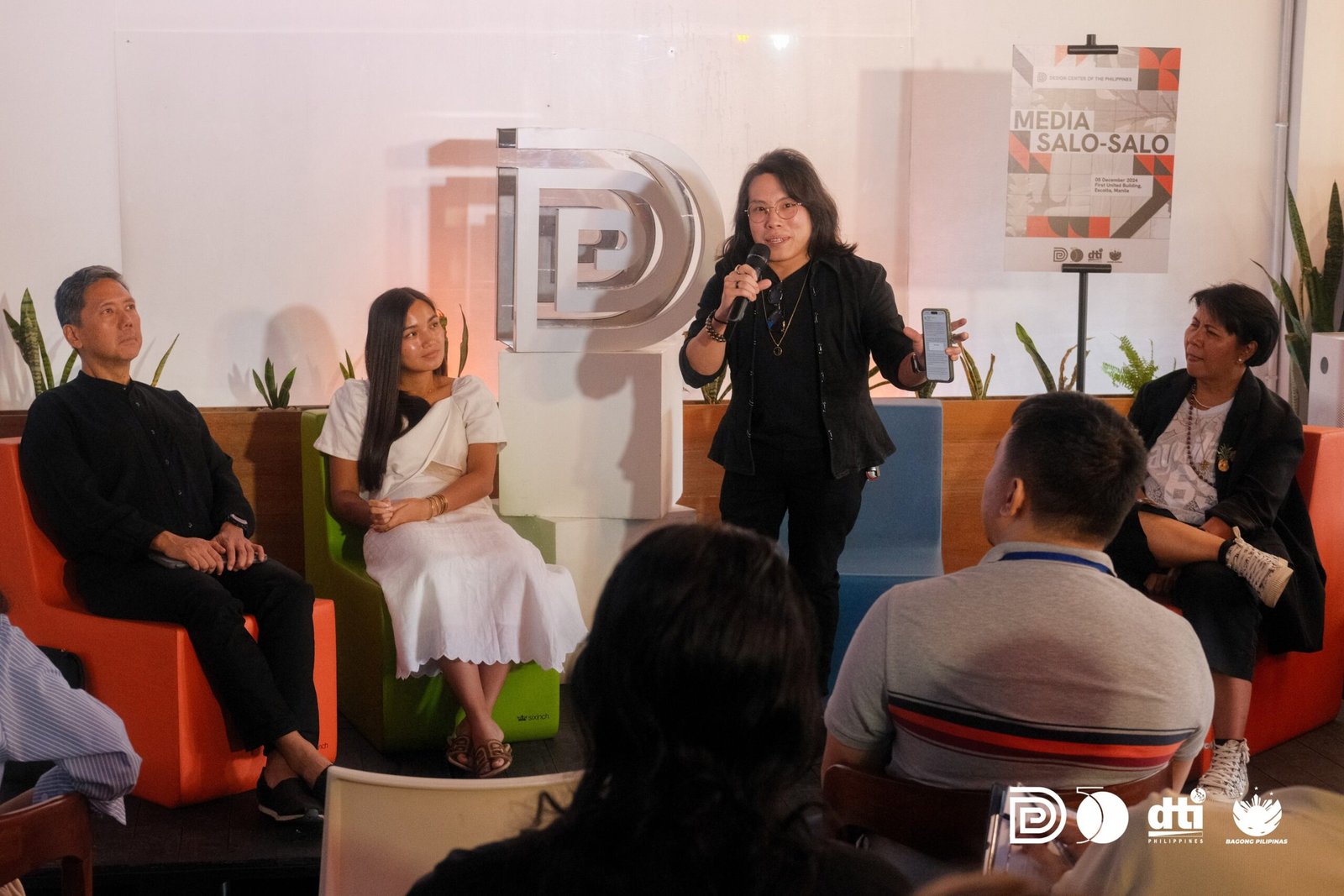

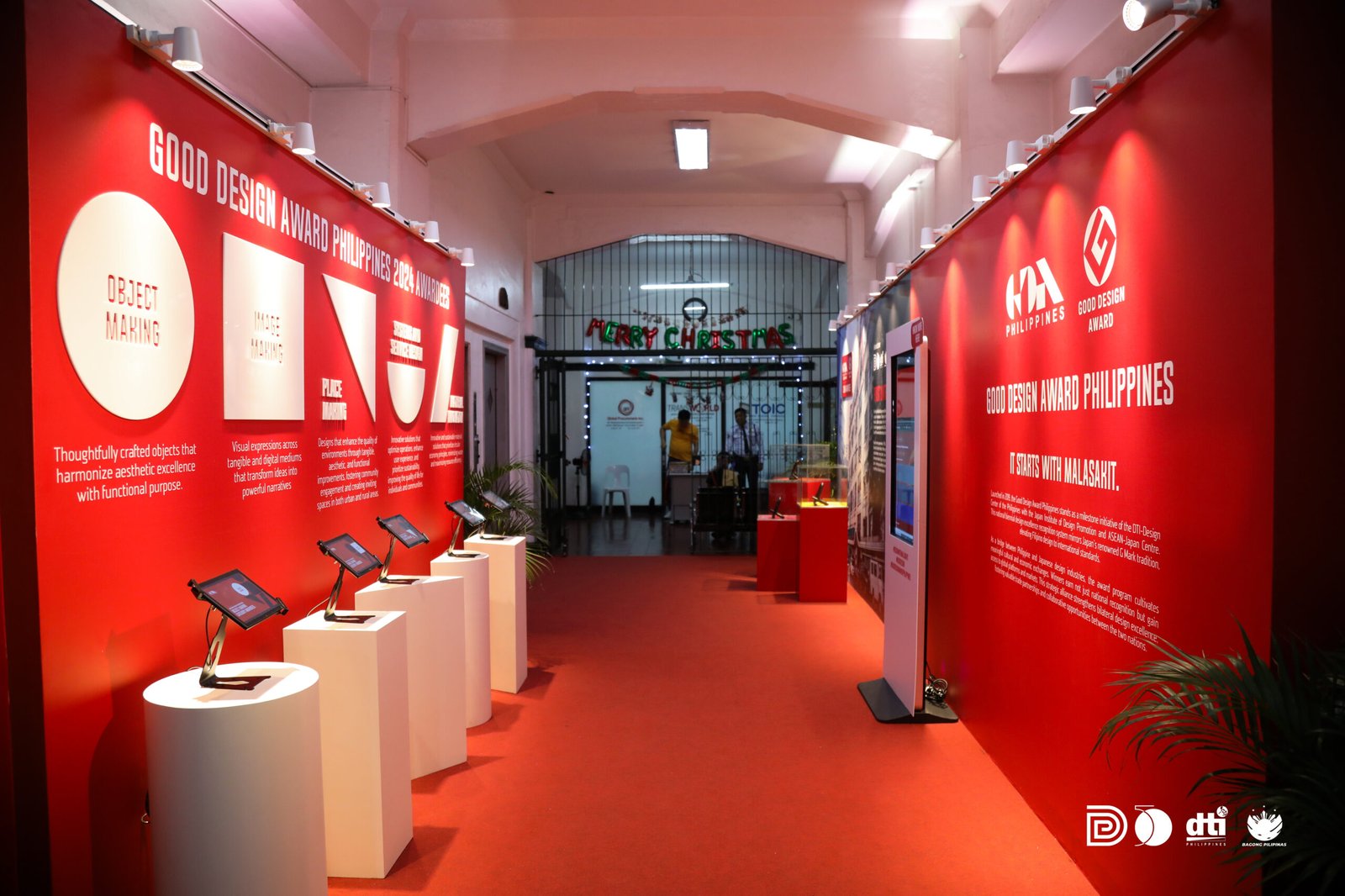
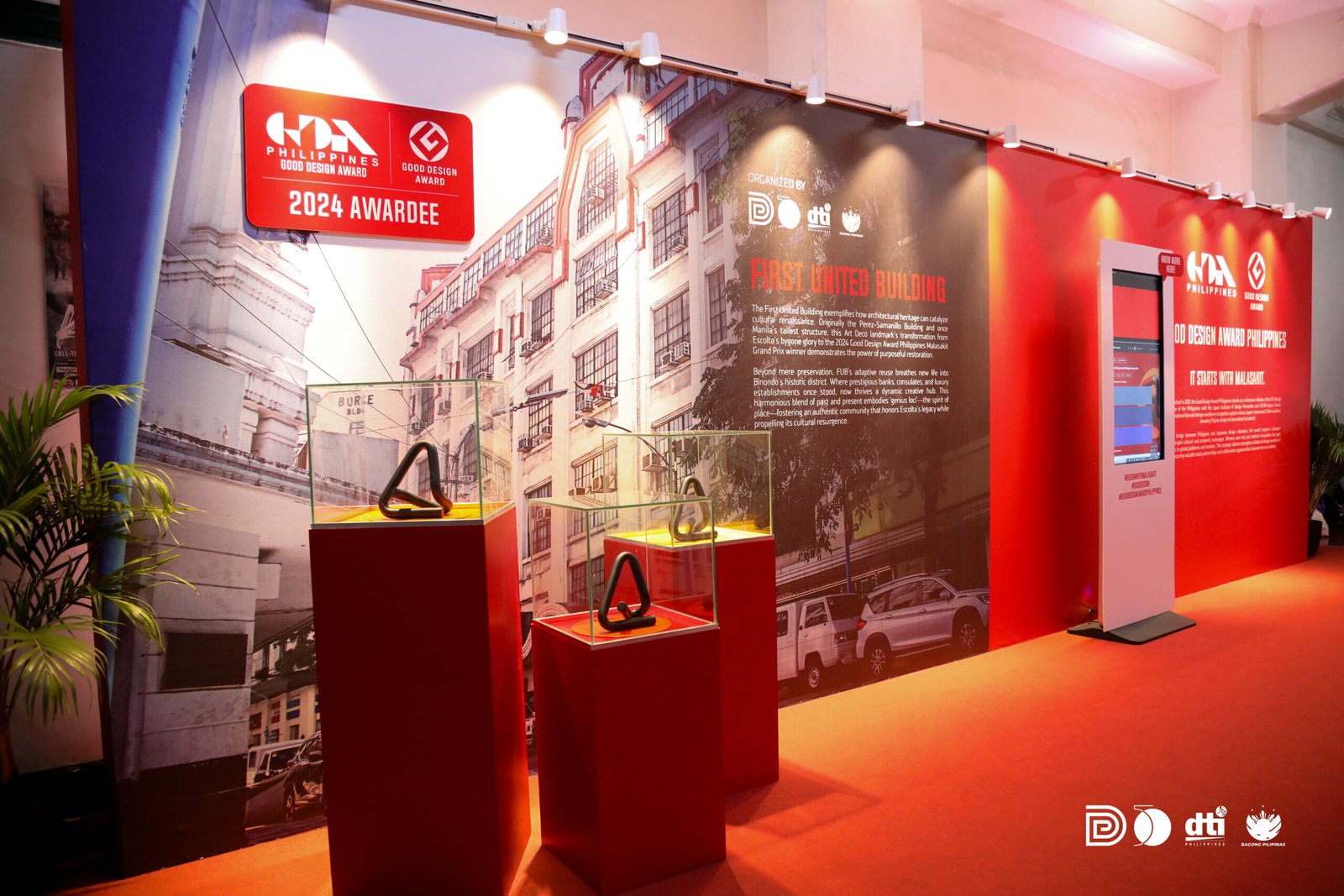
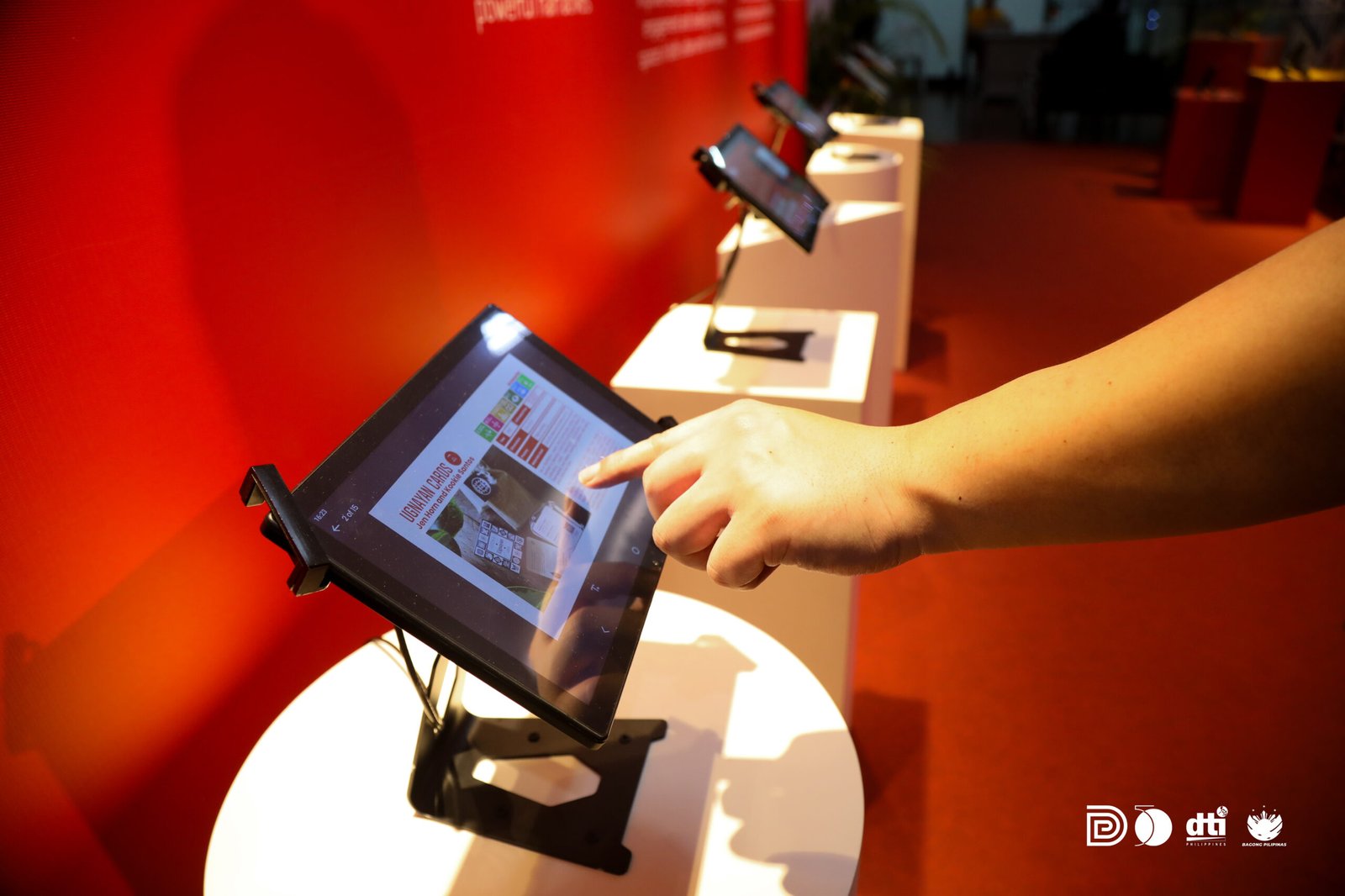
Unearthing islandness
Natasha Tanjutco, designer and culture and climate advocate, introduced Unearthing Islandness as the core of Design Week Philippines 2024 through her studio, TAYO. This theme reconnected the nation with its archipelagic identity, drawing from its suppressed Austronesian heritage to promote sustainable and regenerative practices. Tanjutco highlighted how design must harmonize kalikasan (nature), kapwa (shared identity), and kaluluwa (spirit) to address the intertwined climate and cultural crises rooted in centuries of colonial subjugation, whose influence and systems persist today.
Her vision is embodied in projects like Balay Yatu at the revived Museo ng Pambata, billed as “Asia’s first youth-curated cultural hub.” It aims to reintroduce islandness to Manila, which she reminded the audience was once an island. “Our island history teaches us resilience and harmony with nature,” Tanjutco said. “By rediscovering these principles, we can shape a future that respects both people and the planet.”
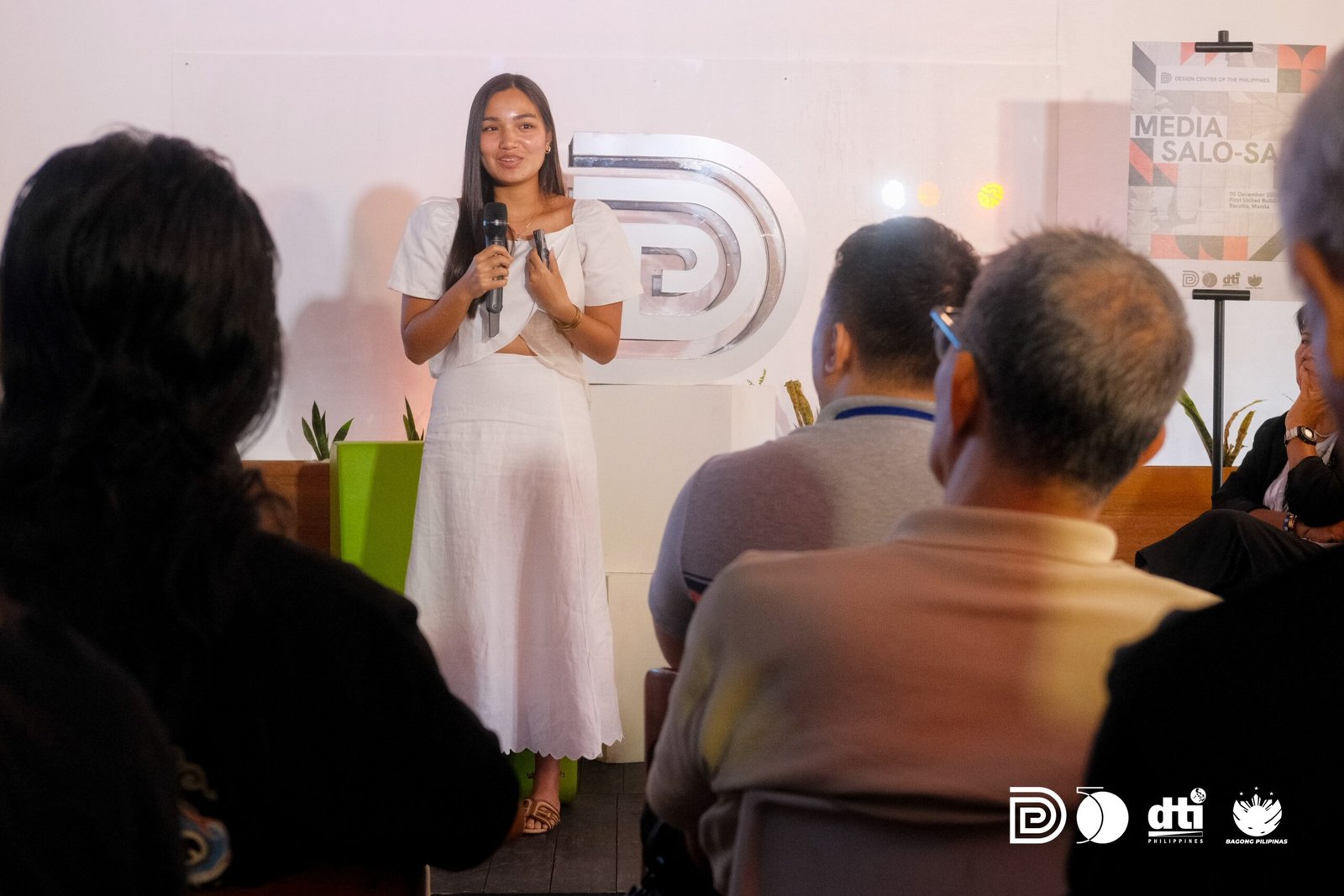

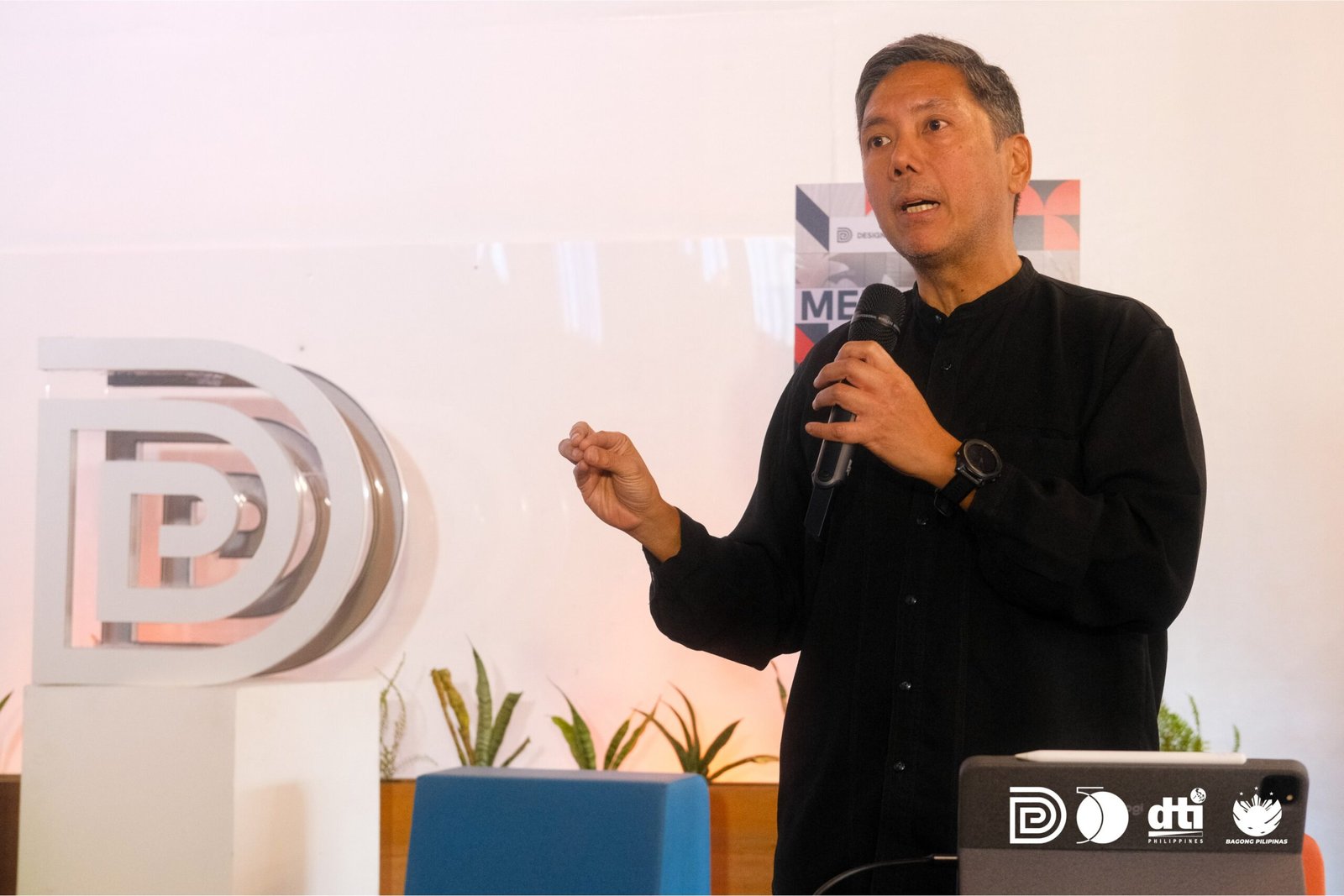

Good design as policy
With seasoned marketer and creative strategist Paolo Mercado, President of the Creative Economy Council of the Philippines, at the helm, the DCP is leading the development of the country’s National Design Policy. This initiative seeks to embed design thinking as a core competency for Filipinos and position design as a tool for addressing systemic challenges across all branches of government.
Mercado views design as a framework for societal transformation grounded in kapwa or shared identity. “Design is not just about creating objects; it’s about improving lives and solving systemic challenges,” Mercado said.
The National Design Policy includes forward-thinking measures such as design ladder audits, mandatory user testing, and deeper integration of design into public governance, all aimed at normalizing “good design.” By balancing innovation with heritage, the policy aspires to elevate Philippine design globally while rooting its impact on cultural values. “Our goal is to establish design as a national priority—a dynamic, transformative force that empowers communities and redefines how we address challenges,” Mercado said.
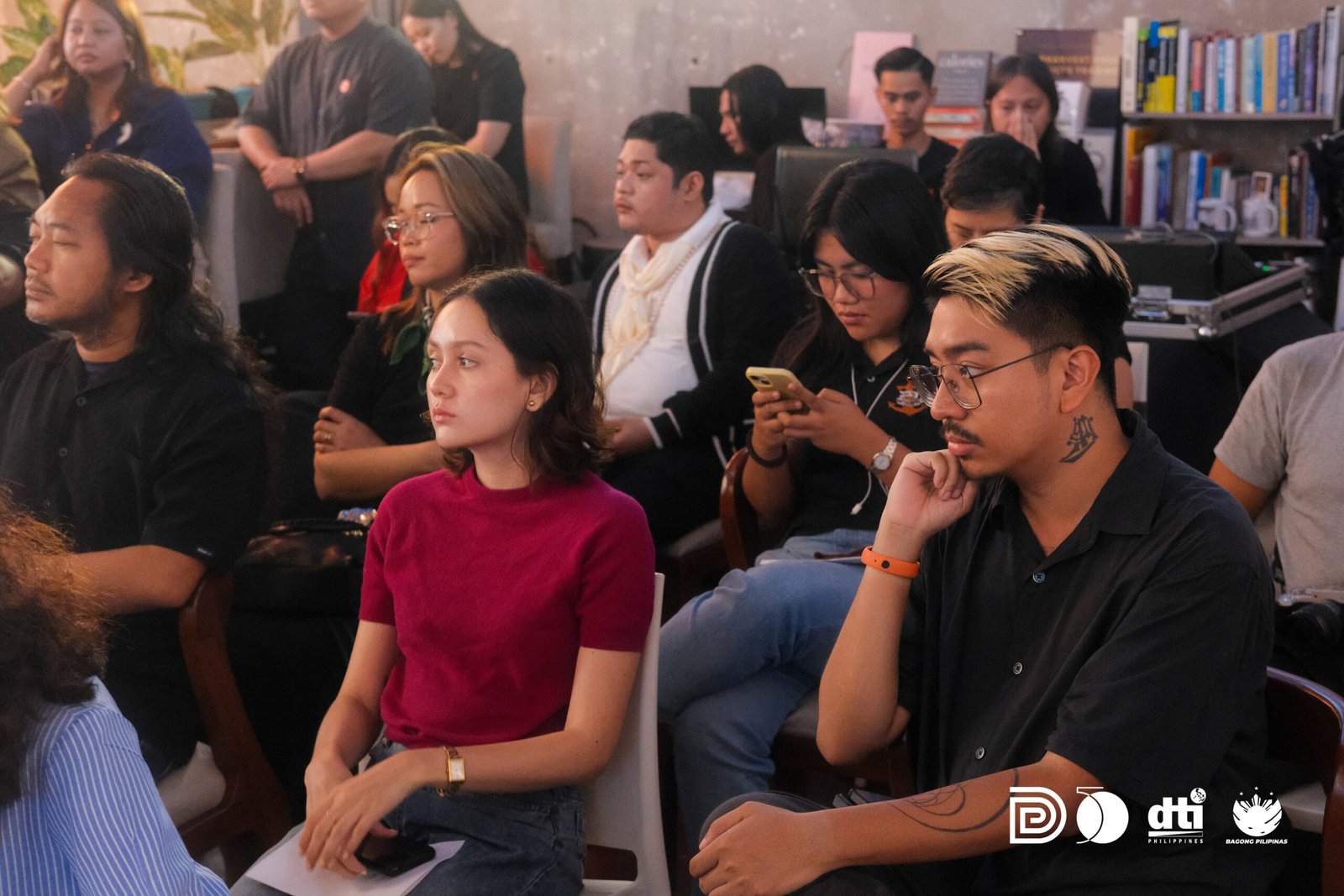
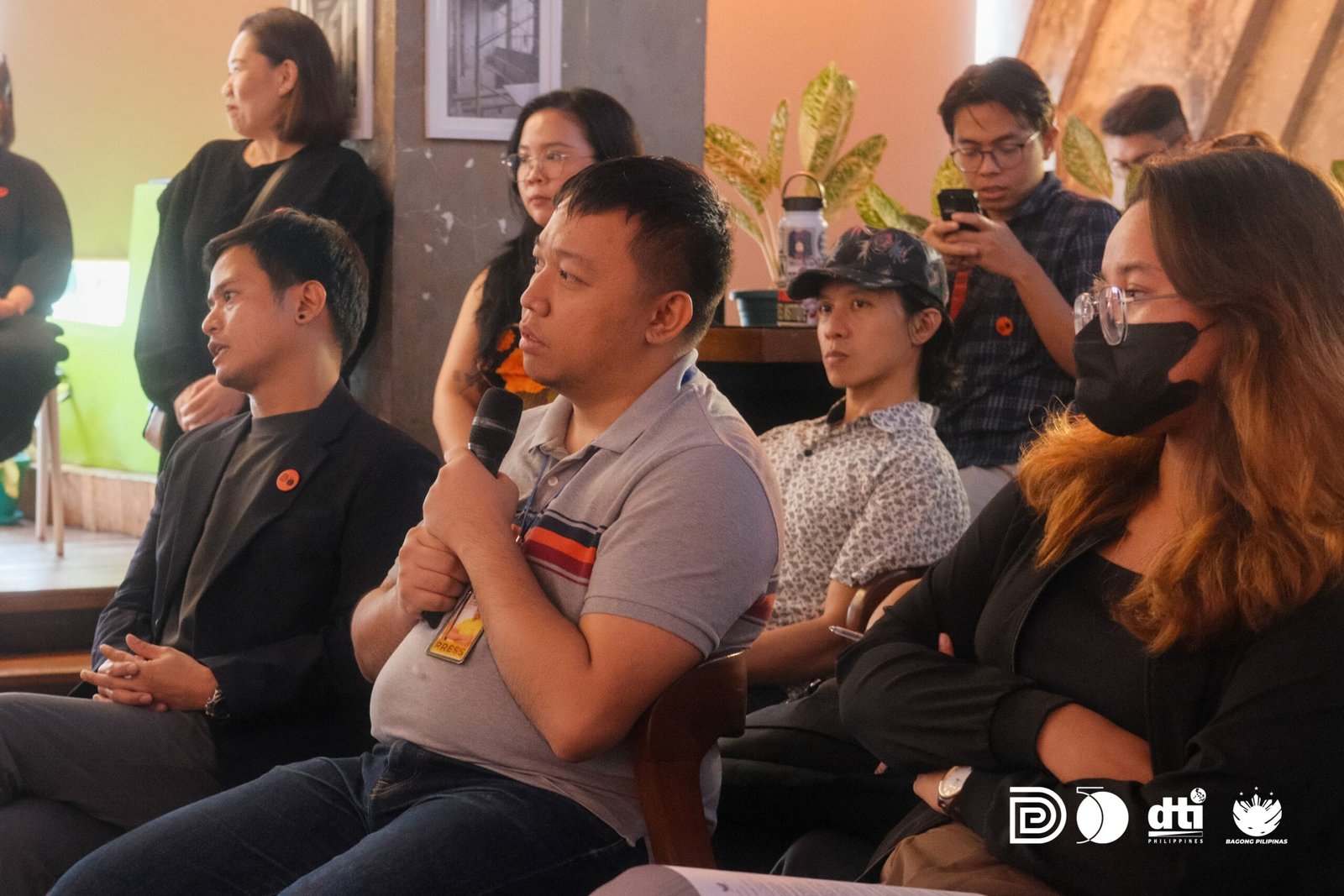
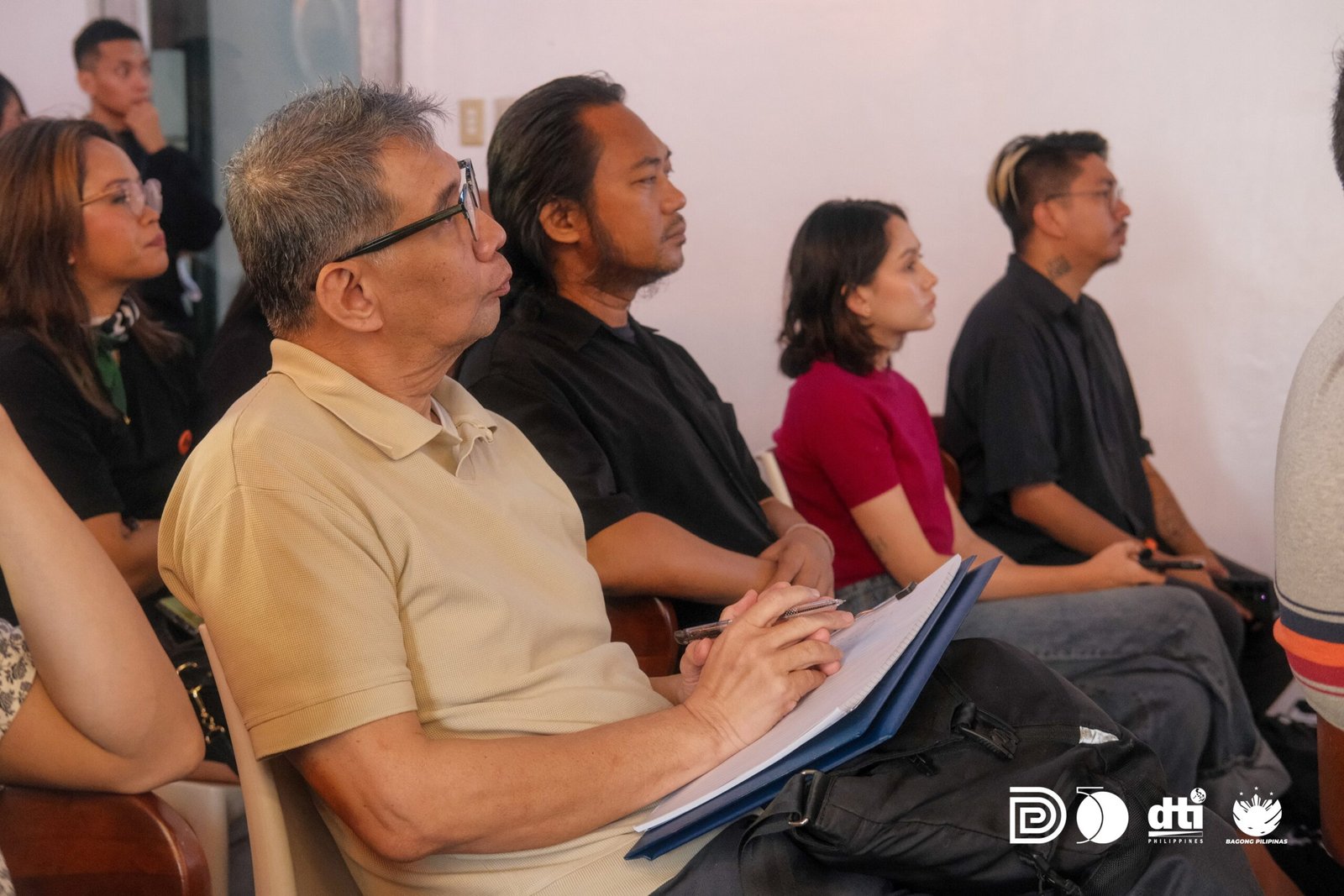
Opening a new design chapter
The Design Center of the Philippines will start the new year at a new address: 315 Sen. Gil J. Puyat Avenue, Makati City. “We are proud to look back on a year of accomplishments that reflect the immense potential of Filipino creativity and gear up for the launch of the 1st National Design Policy and the Philippine Skills Framework Design,” said Maria Rita Matute, Executive Director of the Design Center. “As we move forward, we remain committed to making design accessible and transformative for all.” •
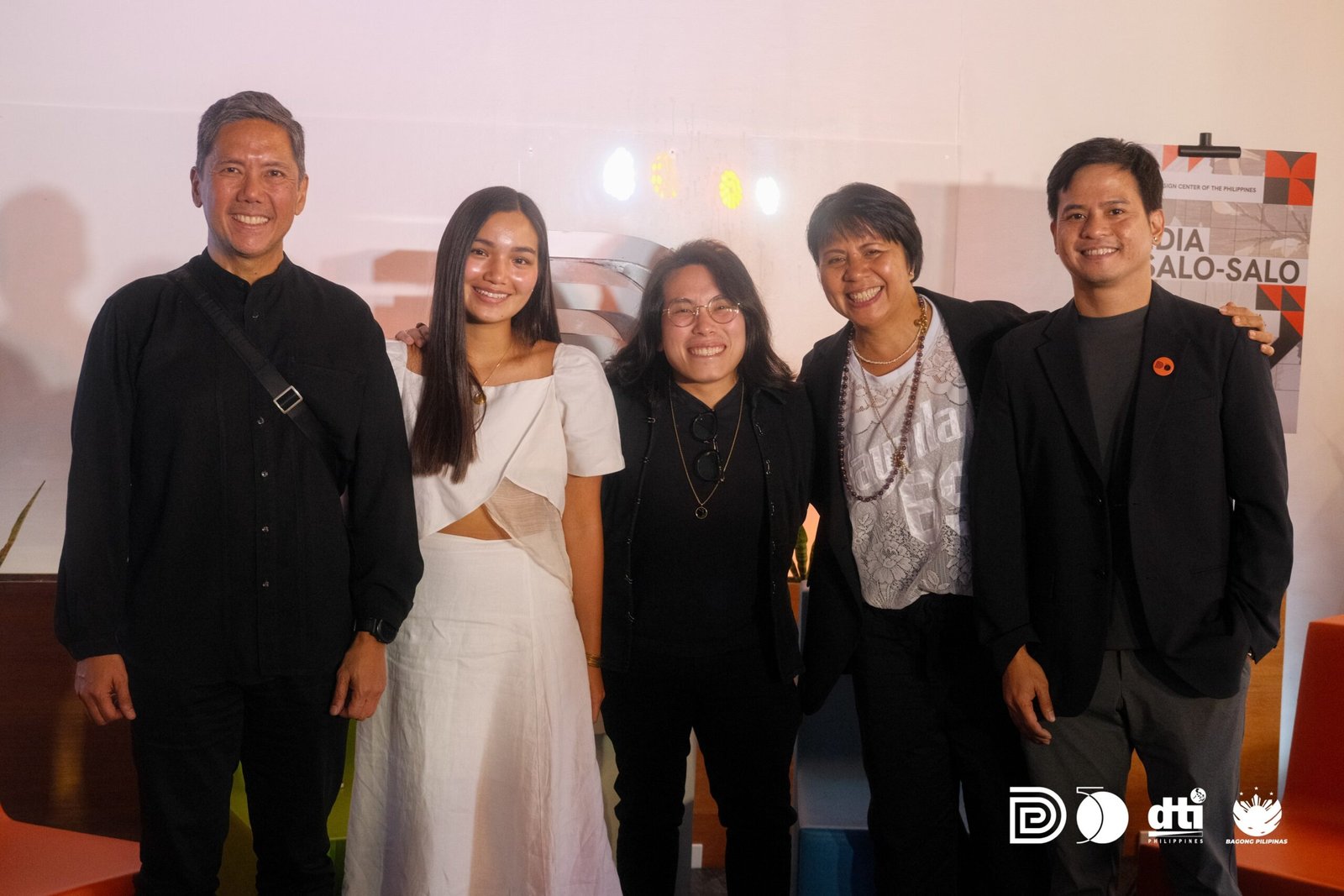

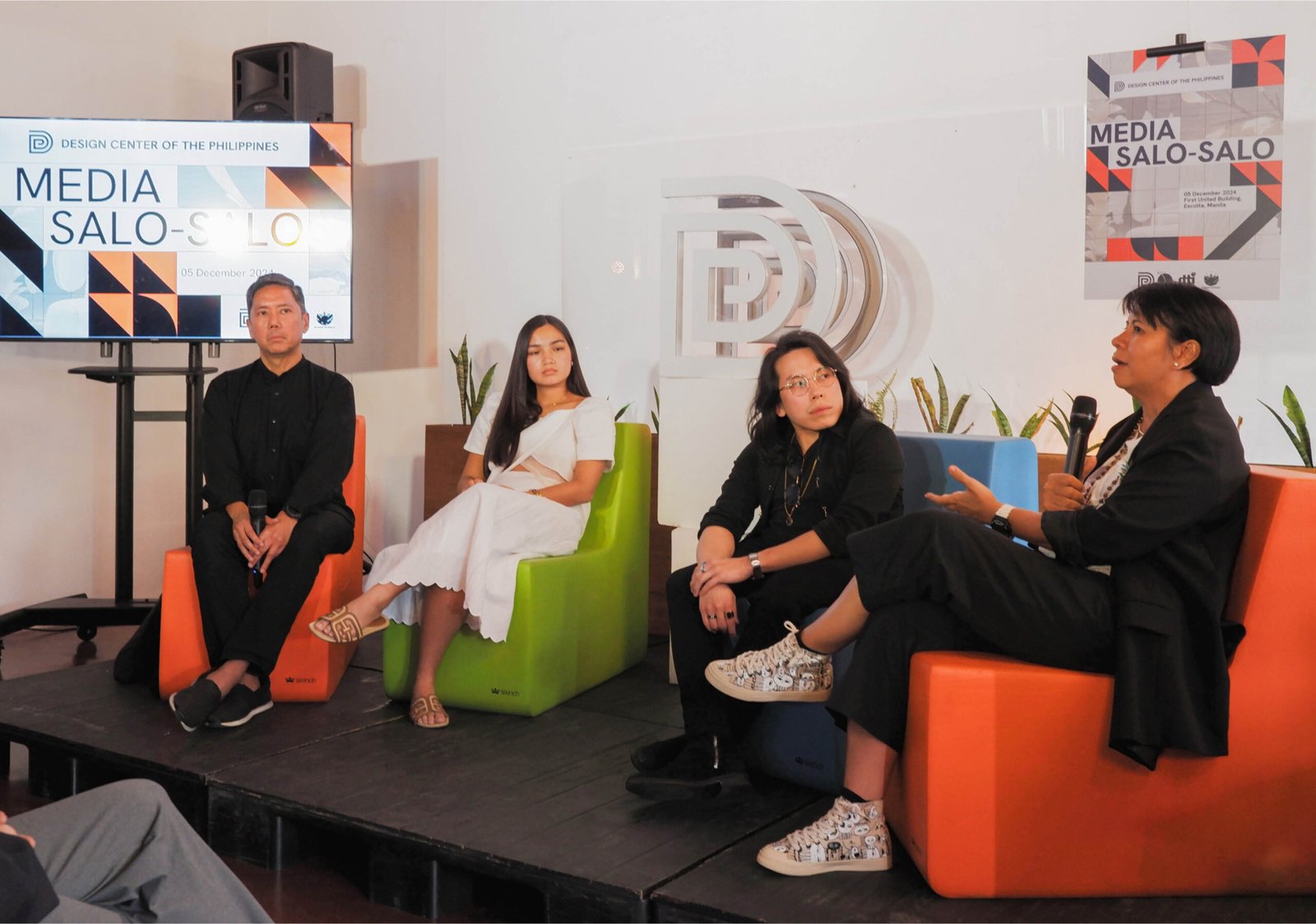

2 Responses